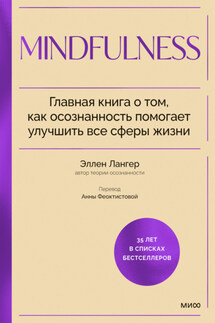The Dunwich Horror - страница 5
In 1917 the war came, and Squire Sawyer Whateley, as chairman of the local draft board, had hard work finding a quota of young Dunwich men fit even to be sent to development camp. The government, alarmed at such signs of wholesale regional decadence, sent several officers and medical experts to investigate; conducting a survey which New England newspaper readers may still recall. It was the publicity attending this investigation which set reporters on the track of the Whateleys, and caused the Boston Globe and Arkham Advertiser to print flamboyant Sunday stories of young Wilbur’s precociousness, Old Whateley’s black magic, and the shelves of strange books, the sealed second storey of the ancient farmhouse, and the weirdness of the whole region and its hill noises. Wilbur was four and a half then, and looked like a lad of fifteen. His lips and cheeks were fuzzy with a coarse dark down, and his voice had begun to break.
Earl Sawyer went out to the Whateley place with both sets of reporters and camera men, and called their attention to the queer stench which now seemed to trickle down from the sealed upper spaces. It was, he said, exactly like a smell he had found in the tool-shed abandoned when the house was finally repaired; and like the faint odours which he sometimes thought he caught near the stone circle on the mountains. Dunwich folk read the stories when they appeared, and grinned over the obvious mistakes. They wondered, too, why the writers made so much of the fact that Old Whateley always paid for his cattle in gold pieces of extremely ancient date. The Whateleys had received their visitors with ill-concealed distaste, though they did not dare court further publicity by a violent resistance or refusal to talk.
Конец ознакомительного фрагмента.
Если вам понравилась книга, поддержите автора, купив полную версию по ссылке ниже.
Продолжить чтение








